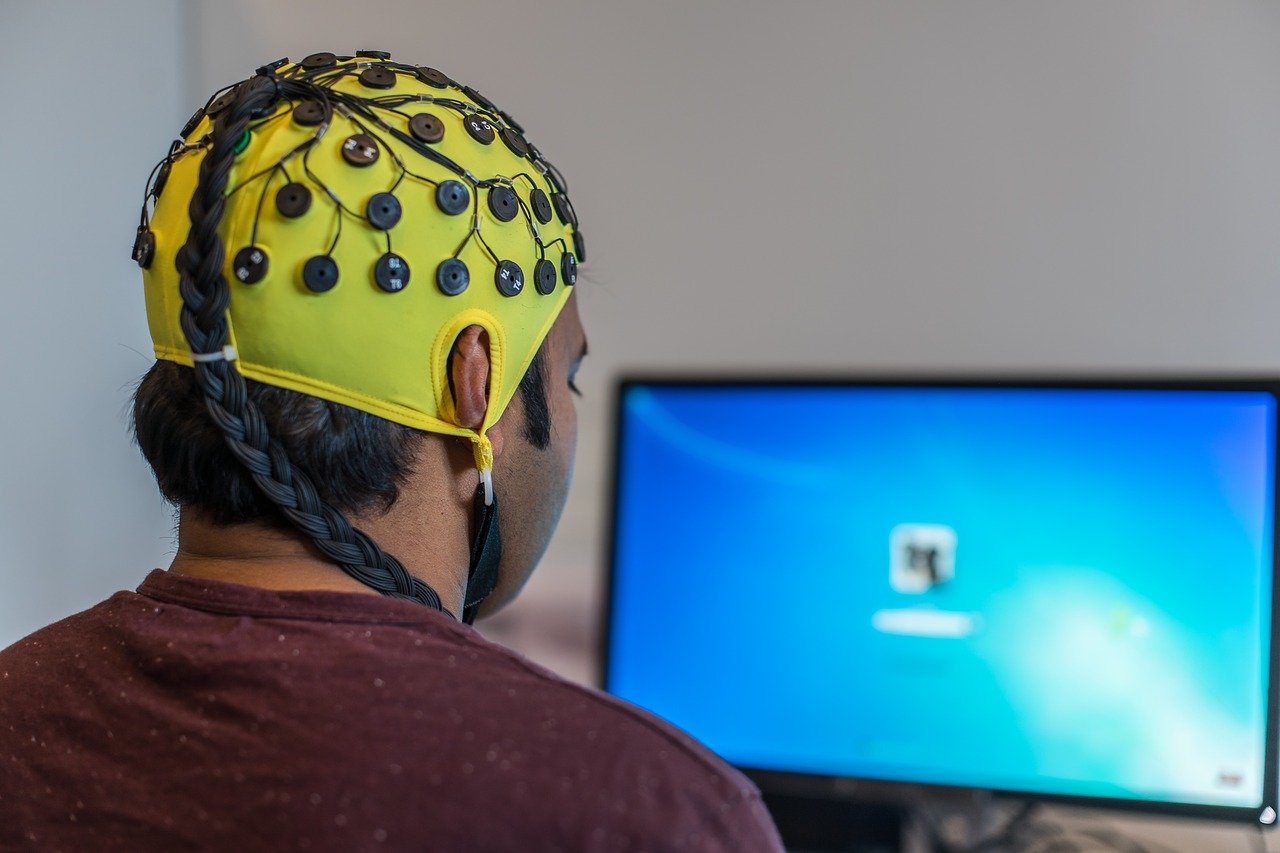Psychedelics May Pose Stroke Risk in Magnesium Deficiency
If you’ve been following the ongoing psychedelic renaissance, you’ve likely heard these substances heralded as safe, revelatory cures for mental distress. But risks emerge when foundational bodily systems are depleted – as I’ve experienced assisting plant medicine journeys firsthand.
In particular, psychedelics’ impact on circulation poses concerns in those with magnesium deficiency. Magnesium enables over 3,300 vital enzymatic processes – including mood regulation and stress resilience. Yet most people are at least somewhat deficient after illness, injury or trauma rapidly drains stores.
In such drainage, emotions grow dysregulated alongside physical symptoms. Desperate for relief, one might eagerly embrace today’s messages extolling psychedelic therapy’s benefits without considering terrain.
However emerging research confirms vasoconstrictive psychedelics can induce stroke-like symptoms when magnesium levels are low. As this paper warns:
“Although there seems to be a renewed effort to utilize mood altering drugs and psychedelic drugs for treatment of patience for various psychological disturbances and disorders (reviewed above), none of these published studies or clinical trials has mentioned the potential stroke-like effects of these drugs. The psychedelic drugs, in these clinical trials, all result in numerous adverse brain circulatory actions in numerous mammals when studied in living animals and on diverse isolated cerebral blood vessels from these mammals, including sub-human primates. We believe, strongly, that in view of the findings reviewed, herein, caution must be exercised on patients entered into clinical trials employing psychedelic or mood-altering drugs. At the very least, effects on brain circulation and metabolism using sophisticated physiological monitoring techniques, such as 31Phosphorus nuclear magnetic resonance spectroscopy (31P- NMR), near-infrared spectroscopy, magnetic resonance imaging spectroscopy (MRI) as well as fast- MRI spectroscopy to record localized cerebral blood flows and cell metabolism in the brain, must be monitored to protect all patients from potential stroke-like effects of the psychedelic drugs and their analogs. Lastly, in view of our findings, it would be propitious for all investigators and psychiatrists who plan to test psychedelic drugs that blood ionized Mg levels are closely monitored, and if found to be low, the mood-altering drugs should only be administered with extreme caution.”
Altura, B.M., Gebrewold, A., Carella, A., Shah, N.C. and Altura, B.T. (2018) Stroke: A Real Danger of the Therapeutic Use of Psychedelic Drugs and the Role of Magnesium Depletion. EC Pharmacology and Toxicology, SI01, 18-23.
This concerning risk is often unchecked, as accurately gauging magnesium adequacy proves complex even with testing. Symptoms upon magnesium supplementation provide important experiential context alongside labs.
In summary – if engaging with potent medicines without first screening minerals, it is wise to pause and dig deeper. We must lay nourishing foundations to then elevate consciousness safely.






